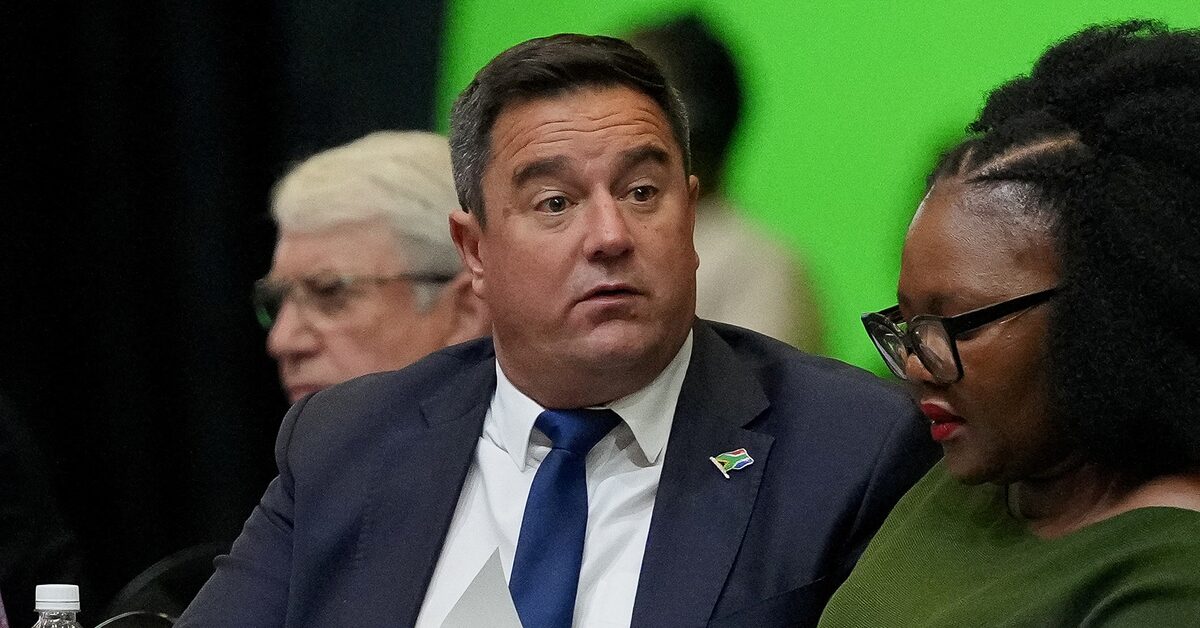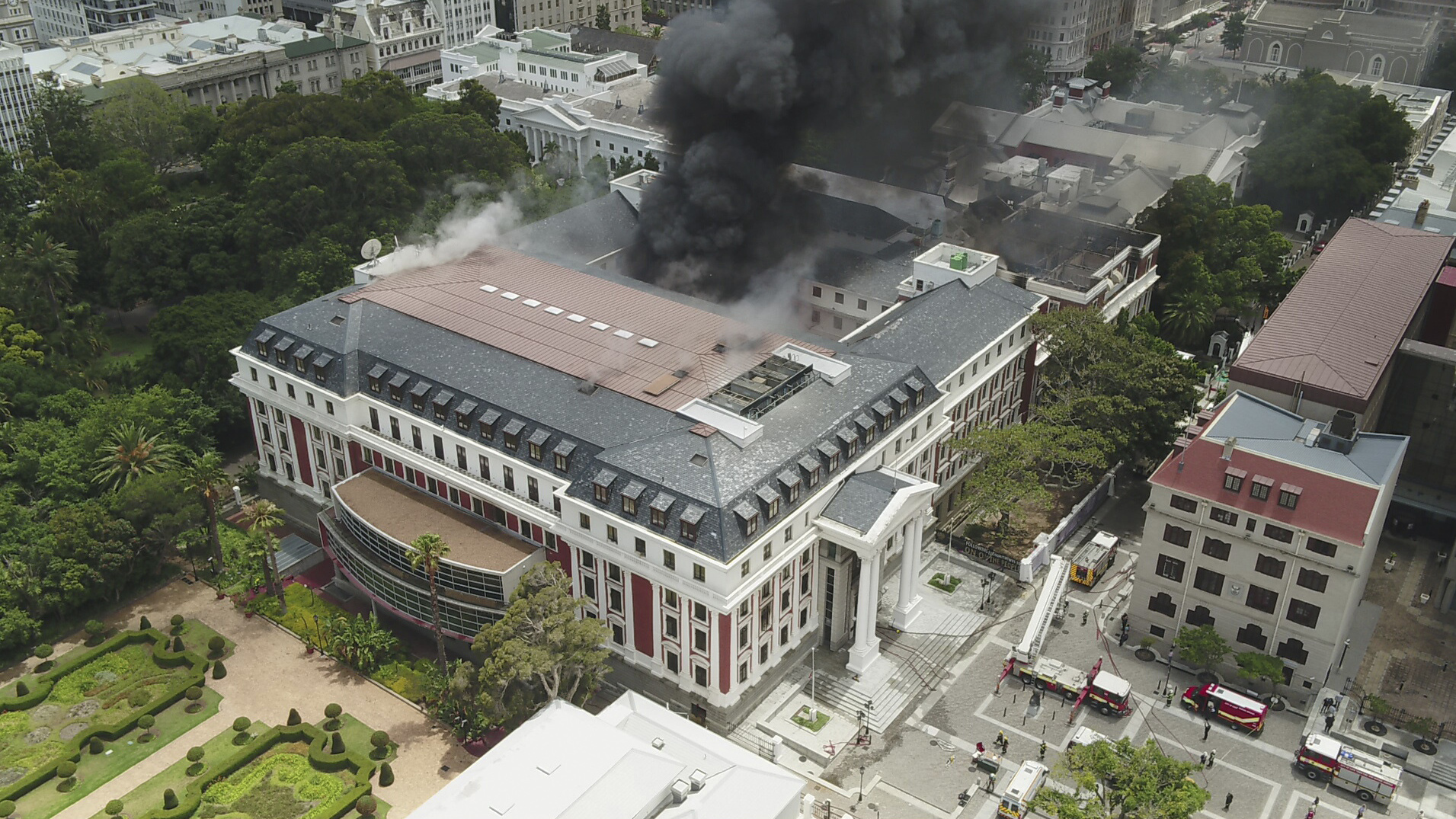The political landscape in South Africa has reached a boiling point as the Democratic Alliance (DA) publicly decries President Cyril Ramaphosa’s hypocrisy while keeping its seat at the coalition table. The recent dismissal of Deputy Minister Andrew Whitfield for an unauthorized trip to the United States has ignited tensions within the Government of National Unity (GNU), prompting serious questions about the integrity of Ramaphosa’s leadership.
Steenhuisen"s Stinging Rebuke of Ramaphosa
DA leader John Steenhuisen expressed palpable frustration during a media briefing, challenging Ramaphosa’s decision to fire Whitfield while turning a blind eye to previous misconduct by ANC ministers. As reported by BBC, Ramaphosa had previously issued a mere reprimand to former minister Nosiviwe Mapisa-Nqakula for a similar infraction in 2020. This inconsistency raises alarm bells about the president"s commitment to combatting corruption within his own ranks.
DA"s Strategic Positioning Amid Tensions
Despite their grievances, the DA has opted to remain in the GNU for now. Steenhuisen articulated the fear that exiting could pave the way for a "coalition of chaos and destruction," suggesting that radical parties like the Economic Freedom Fighters (EFF) could exploit the vacuum left by the DA. He argued that South Africa deserves better than a government that might spiral into corruption and mismanagement, as seen in previous administrations. The DA"s decision to stay, at least temporarily, reveals a calculated strategy to maintain influence within a fragile coalition.

South Africa"s DA party declares dispute with unity government ...
Withdrawal from National Dialogue Speaks Volumes
In a significant move, the DA has announced its withdrawal from a national dialogue intended to tackle pressing issues like corruption and unemployment. Steenhuisen labeled the dialogue a "waste of time and money," criticizing it as an electioneering tactic by the ANC. According to government statements, the dialogue"s constitutional standing to impose decisions is questionable at best, and the DA"s refusal to engage indicates a deepening mistrust in Ramaphosa’s governance.
Mobilizing Civil Society Against Corruption
The DA"s commitment to rally civil society against the misuse of over R700 million in taxpayer funds earmarked for the dialogue is a bold move that underscores their stance against institutional corruption. Steenhuisen"s assertion that the dialogue cannot yield meaningful change while corrupt individuals remain in the cabinet reflects a broader disillusionment with the status quo. The DA plans to vote against budget proposals linked to ministers accused of corruption, signaling a relentless pursuit of accountability.

South Africa"s Parliament complex is on fire, again : NPR
The Political Stakes for South Africa
As the DA grapples with its position, the implications for South Africa are profound. The tensions within the GNU reveal the fragility of governance in a nation plagued by corruption and inefficiency. Steenhuisen"s acknowledgment of the DA"s waning confidence in Ramaphosa as a leader suggests that the political landscape could shift dramatically in the coming months. With the DA holding a significant parliamentary stake, their decisions will undoubtedly shape the future of South African democracy.



![[Video] Gunfire between Iraqi security forces and Sadr militias in Baghdad](/_next/image?url=%2Fapi%2Fimage%2Fthumbnails%2Fthumbnail-1768343508874-4redb-thumbnail.jpg&w=3840&q=75)
